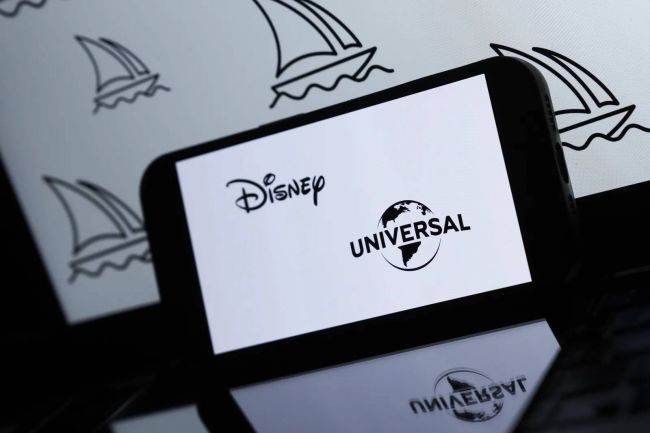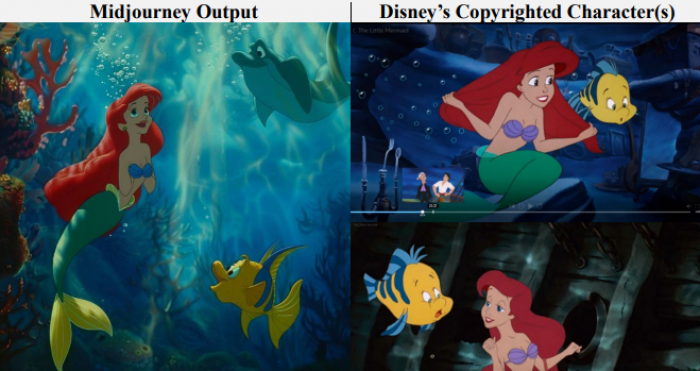Midjourney v/s Hollywood: Why Disney and Universal Have Just Declared War on AI Art
by Amelia Hayes - 7 months ago - 3 min read

Disney and Universal Studios have filed a 110-page lawsuit against AI image generator Midjourney, accusing it of using copyrighted artwork to train its models and enabling users to create near-exact images of characters like Spider-Man, Shrek, and Yoda without permission. The case goes beyond copyright, raising broader questions about who controls creativity, how it's funded, and the legal boundaries of AI-generated content in the future of storytelling.
Why are Disney and Universal so irate?
Because billions are on the line. For many years, these businesses have created empires around their characters. This covers hiring artists, authors, animators, and attorneys to safeguard their intellectual property. According to the lawsuit, the whole creative economy is in jeopardy if AI technologies like Midjourney can replicate these figures using only a few typed prompts and then monetize them. In a nutshell, why would Disney spend money on creating the next Mickey Mouse if anybody can do it for free?

The Tale from Midjourney's Perspective?
As of yet, Midjourney has not formally filed a response in court. However, the lawsuit points out that they were given fair notice. Universal and Disney warned of the dangers, issued cease-and-desist letters, and demanded precautions. Midjourney, on the other hand, grew, releasing new picture tools and even teasing a video-creating model that might elevate this conflict. The Numbers Tell a More Complete Tale.
Midjourney is said to have made over $300 million in revenue last year, and its popularity is increasing. In the meantime, Disney and Universal contend that they were never compensated for the labor that led to this accomplishment, which they did not authorize. The conflict between business models—one based on permission, licensing, and legislation, and the other driven by open internet data and generative algorithms—is at the core of this issue, not just copyright.
What Impact Does This Have on You?
This case affects everyone—from artists to casual AI users—by raising a critical question: Can you legally ask AI to generate images of copyrighted characters, or will platforms be forced to block them? It’s also a warning: more lawsuits are coming as the entertainment industry pushes back against AI's use of existing IP. The outcome could set a global precedent, shaping whether AI companies must retrain models with licensed data or shut down services altogether. A win for Midjourney may legitimize AI-generated replicas, blurring the line between fan art and copyright violation.
So, what happens now?
We wait. There may be months or even years of court proceedings. However, one thing is certain: the result will dictate the regulations governing how AI may (or may not) utilize the tales and people we were all raised with. Additionally, regardless of whether you enjoy AI art or believe in genuine narrative, you should follow this case since it involves more than simply legal paperwork. The question is who gets to write the tales of the future. In short, Midjourney is being sued by Disney and Universal for utilizing artificial intelligence to create illegal images of famous people. They refer to it as theft, but Midjourney calls it innovation. The courts will determine the future of copyright in the AI era.